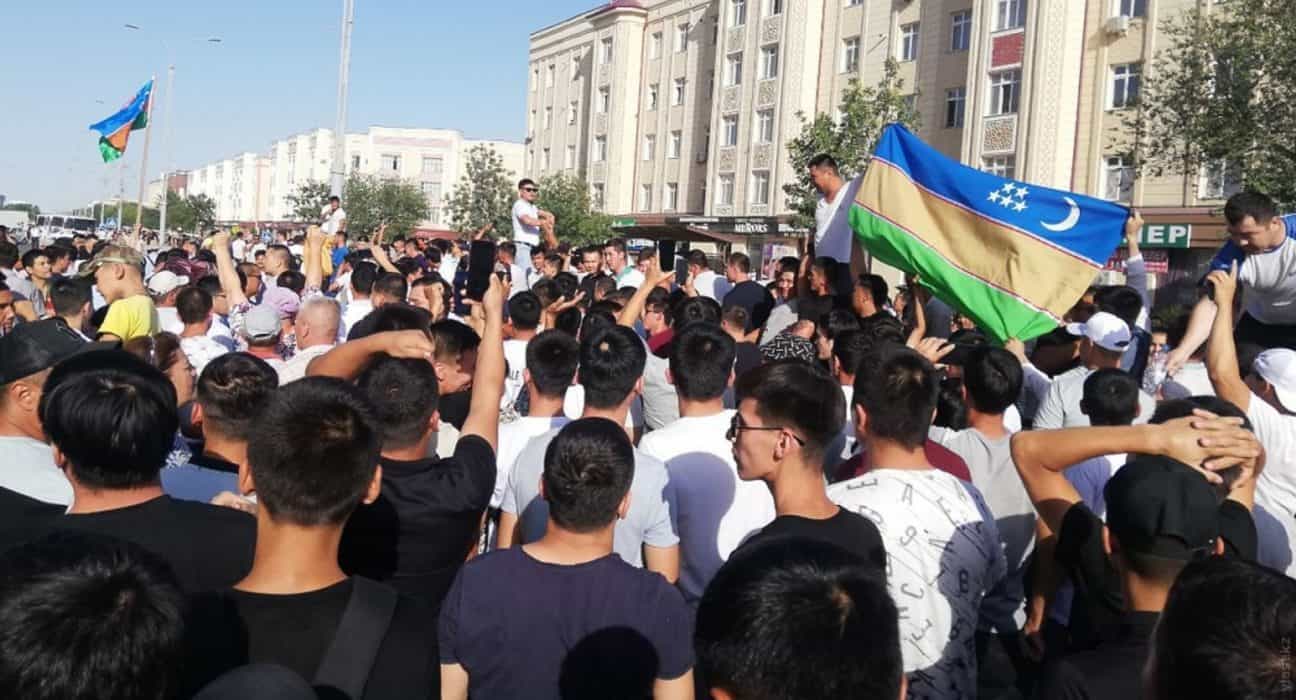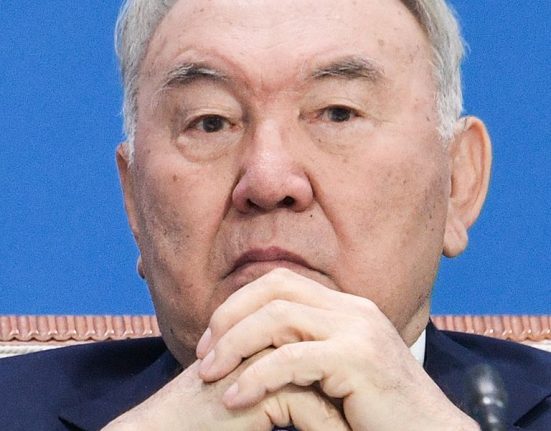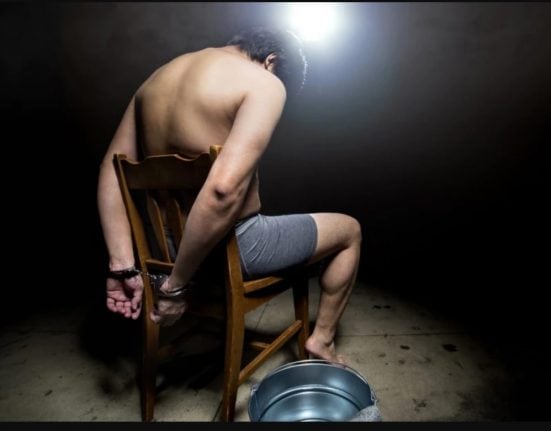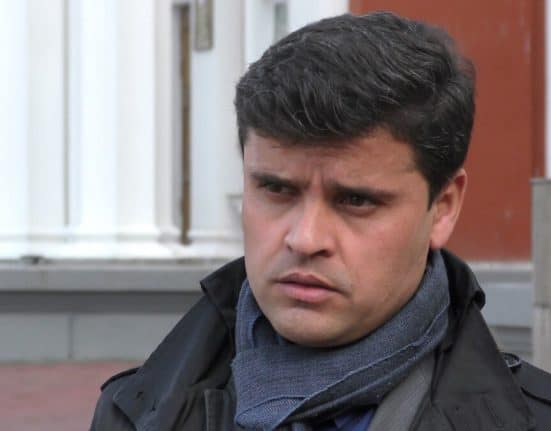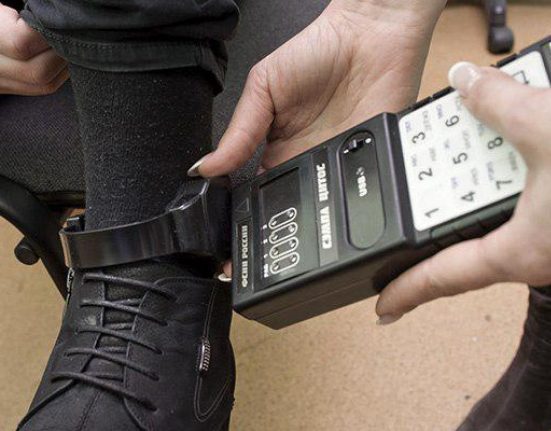The number of repressed journalists in Karakalpakstan is growing as information from the region comes in. At the moment, it is known about five detained or arrested media workers.
There is no information about the fate of Bakhtiyar Kadirbergenov and Mustafa Tursinbaev, journalists of the newspaper El Khyzmetinde (In the Service of the People), who were beaten and placed in the country’s isolation wards. A journalist named Ilham was also arrested. A source told ACCA that Mustafa Tursinbaev was beaten by unknown assailants on June 12 while preparing material on the use of water resources in the Kanlikul district of Karakalpakstan. 146 thousand users subscribed to his channel on the social network.
The editor-in-chief of El Khyzmetinde, Esimkhan Kanaatov, also became a prisoner. He is not only a journalist but also a researcher who studied folk art and folklore of the peoples of the South Aral Sea region. Kanaatov is the author of a comparative analysis of the peoples living in this vast territory.
As one of the residents of Karakalpakstan told Asiaterra, the editor-in-chief of the newspaper “Akmangit tany” (“Zarya Akmangita”), Abdimalik Khozhanazarov, was admitted to the hospital after violence by law enforcement officers. The prosecutor forced him to write an explanatory note that he allegedly fell and thus received bodily injuries.
Starting from June 26, curators from the State Security Service and the Ministry of Internal Affairs still summon significant public opinion leaders for preventive talks so that they do not comment on the amendments to the Constitution that deprive Karakalpakstan of sovereignty. At the same time, Internet access was hindered by the authorities in order to avoid protests.
On June 26, Karakalpak blogger Kural Rametov published critical comments on the amendments to the Constitution of Uzbekistan on social networks. Shortly thereafter, law enforcement officers detained him at his workplace. According to non-governmental sources of the Association for Human Rights in Central Asia (AHRCA, France), the Interior Ministry officers tortured him with electric shocks.
Reporters Without Borders (RSF) called on the Uzbek authorities to allow Lolagul Kallykhanova, a journalist incarcerated incommunicado since July 1, to meet with her family and an independent lawyer to clarify the allegations and stop blocking media coverage of the crackdown on protests in Karakalpakstan, about which she wrote from Tashkent when she was arrested.
“If the rights of Lolagul Kallykhanova are respected, as the Prosecutor General’s Office claims, then why do her colleagues and the public still know nothing about her?” asks Jeanne Cavalier, RSF’s head of Eastern Europe and Central Asia. “The situation is absurd. Before insisting that there are no complaints about her health and conditions, the authorities should allow her family and an independent lawyer to visit her. We call on the authorities to show transparency in this matter and, more generally, to stop suppressing coverage of the protests in Karakalpakstan and the repression that followed them.”
UN High Commissioner for Human Rights Michelle Bachelet has already called on Uzbekistan to conduct an independent and transparent investigation without delay. The appeal clearly shows the disbelief of the international organization in the official version. The Uzbek media, on the other hand, publish materials about the world community’s support for Uzbekistan in the events in Karakalpakstan.
In the blogosphere, there is a polarity of approaches in assessing the Nukus bloody confrontation. Representatives of the Uzbek intelligentsia express dissatisfaction with the desire of the Karakalpaks to defend their dignity, although until recently they fought for rights and freedoms under the Karimov regime. Even visually, some online publications show their attitude by publishing photos of injured special forces soldiers, or, as if in contrast, citizens gathered near hospitals and morgues.
The opposition publication Eltuz.com and quite loyal to the government resource Kun. uz showed unique solidarity in their support for the indivisibility of Uzbekistan. In the Uzbek media, as if in reproach to the protesting Karakalpaks, statistical data are given on the successful socio-economic situation in Karakalpakstan, from which the reader must draw conclusions about the flourishing of the regional economy.
The commission to investigate the events in Karakalpakstan began work on July 16. The group includes senators, deputies, representatives of Karakalpakstan, and NGOs.
“The obedient members of the commission will only duplicate the conclusions of the president and the law enforcement agencies. In reality, they will evaluate individual cases of violations of human rights and freedoms,” the ACCA expert notes.
